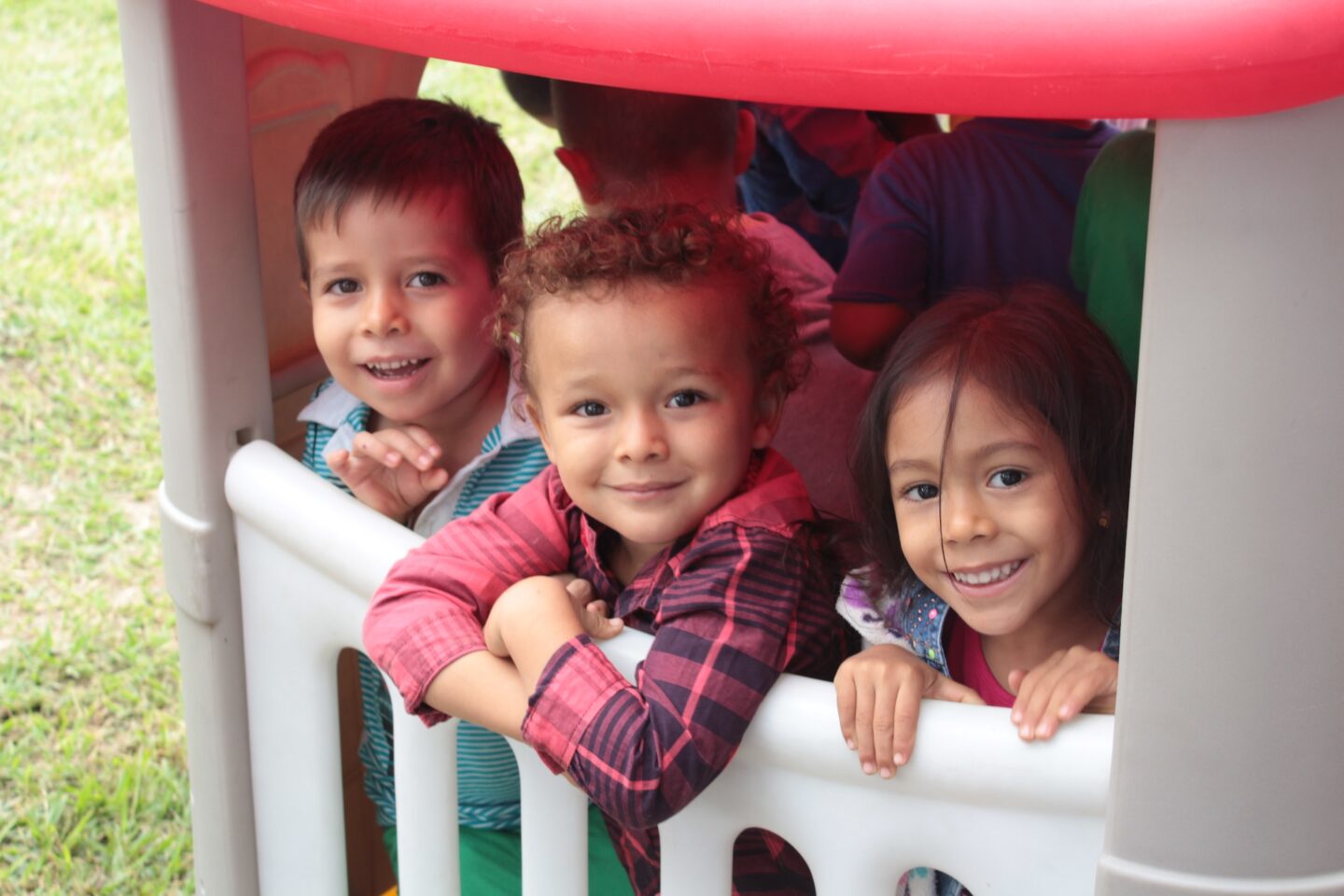
Disclosure – this is a collaborative post.
As parents, ensuring the well-being and safety of our children is a top priority, and finding the right childcare solution can be a daunting task. Whether you’re considering nursery options, hiring a nanny, or exploring after-school programs, making informed decisions is crucial for the happiness and development of your little ones.
In addition to seeking advice from child care solicitors, we’ll be providing some of our top tips for parenting looking to organise effective arrangements for their kids.
Plan Ahead
It is important to sit down and spend some time researching the options in your local area to find out what may be available to you. This will also allow you to get an idea of how much childcare is going to cost you on a weekly and monthly basis.
During the planning stage, one of your first decisions will be to choose what kind of childcare you would like. In most instances, your options will be:
- A creche or childcare facility
- Day care by an individual
- A nanny or au pair
With the first two options, care will be provided to two or more children at the same time and will often be the cheaper option (between £138 and £263 per week depending on whether the childcare is full or part-time). A nanny or au pair will provide individual care for your child but will usually be a lot more expensive.
Explore Different Options

Once you’ve decided on the type of childcare that you want, it’s time to check out potential caregivers. If you’re going down the nanny route, you’ll want to start interviewing candidates as soon as possible. With a creche or freelance child minder, a visit is always a good idea to give you a sense of the environment.
With every option, you will need to ask for evidence of the caregiver’s qualifications and registration details. This is also a good time to ask for references to highlight any possible problems or issues.
Finally, although it’s important to check out qualifications and the caregivers’ right to work with children in the UK, it’s also important to go with your gut. Often, we simply have a feeling about somebody and, if your instinct is telling you to move on, you should always listen to it when it comes to the care and wellbeing of your child.
Set Clear Expectations
Before committing to a particular caregiver, it’s important to be clear about your expectations and to seek assurances that these expectations will be met. Where possible, try to secure written confirmation of the agreement between yourself and the caregiver in order to protect yourself in the instance that your expectations are not met.
This is also the time to double-check some of the practical aspects of a potential hire including:
- Do they live within a reasonable distance?
- Do they drive and have access to a car?
- Do they adequately speak the same language as you do?
- Do they have basic first-aid skills?
These are things which may seem unimportant during the recruitment process but can soon become a frustration once the childcare has begun.
Staying in Touch

While it’s not recommended that you badger your childminder day and night, you can expect them to be available to you during working hours. The best way to manage this is to have a conversation with the caregiver about what is reasonable in terms of communication in the course of their work. Whether this is a quick call to check in during the day or a couple of text messages, making sure that you’re both on the same page when it comes to staying in touch will prevent a lot of unnecessary stress.
Once childcare has begun, you will want to monitor the situation for the first few weeks by checking for signs that your child is healthy and happy on returning from the child minder’s care.
Have a Backup Plan
Having locked down a childcare plan either before or after the birth of your child can be a major relief but it’s unwise to become too complacent. Unfortunately, even with the best will in the world, things do happen which change your plans such as your childminder becoming ill or moving away. Because of this, it’s sensible to make sure that you have a backup plan in place just in case. Even if this just involves keeping a couple of phone numbers to hand, this can be a lifesaver in the event that your original plan goes pear-shaped.
Finding the Perfect Fit
Entrusting a child to the care of somebody else can be slightly nerve-wracking and it’s therefore vital to take your time to make sure that you make the right decision for yourself and for your child. Ideally, your relationship with a caregiver will be a long-term committed one and so finding the right fit is essential.
Disclosure – this is a collaborative post.
